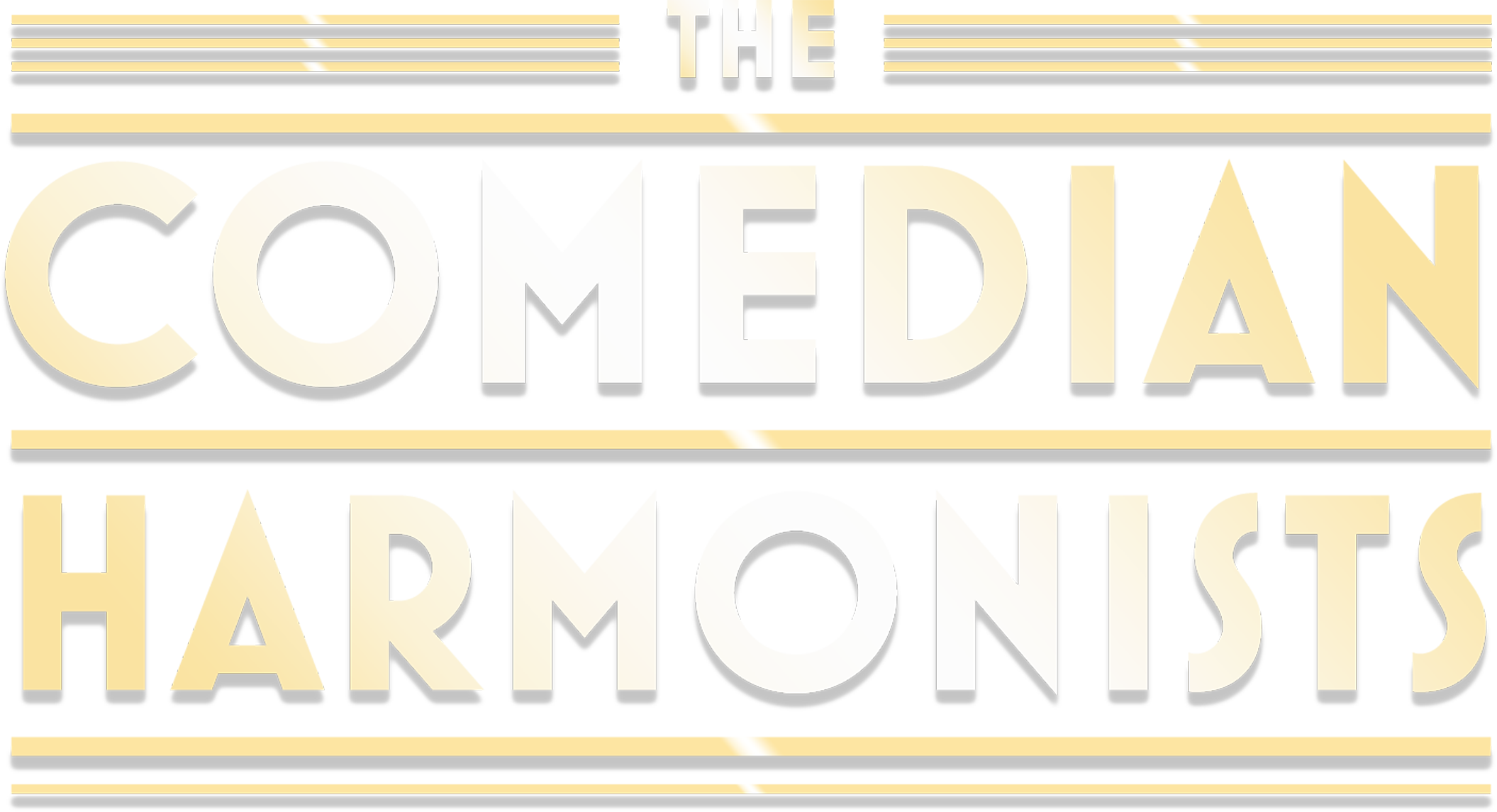Erwin Bootz
 Erwin Bootz grew up with his six siblings in Stettin. His parents ran a music store, so Bootz came into contact with music at an early age. He learned to play the piano at the age of four. From 1920 he attended the Loewe Conservatory in Stettin and then studied from 1924 at the Musikhochschule Berlin
Erwin Bootz grew up with his six siblings in Stettin. His parents ran a music store, so Bootz came into contact with music at an early age. He learned to play the piano at the age of four. From 1920 he attended the Loewe Conservatory in Stettin and then studied from 1924 at the Musikhochschule Berlin
In 1928, through Ari Leschnikoff, he joined the Comedian Harmonists, which had just been formed. He played the piano for the vocal ensemble and also arranged and composed songs.
In 1938, he divorced his wife Ursula, whose father was the sculptor Benno Elkan. He gave “irreconcilable contradictions” as the reason. His friends accused him of leaving Ursula out of fear of the Nuremberg racial laws because she was Jewish. However, he has always denied these allegations.
After the dissolution of the Comedian Harmonists in 1935 and after leaving the successor formation Meistersextett in 1938, Erwin worked at the Berlin cabaret of comedians as an author, orchestra leader, composer and comedian. He married a second time.
In 1942 he was drafted as a soldier, but was used in the care of the troops and as a radio presenter at the Reichssender Berlin. In 1944, Erwin was on the God-gifted list of the Reich Ministry for Public Enlightenment and Propaganda.
After the war he worked successfully in the film industry: he dubbed cartoons at Bavaria in Munich. He wrote over 180 dialogue books and directed the dialogue for about 100 films.
Eventually he divorced his second wife and emigrated to Canada in 1959, where he also hosted a few TV shows. In 1971 he returned to Germany and worked at the theaters in Bochum , Bremen and Berlin . In May 1980 he performed at the opening of the Berlin Tempodrom. In the Bochum theater Erwin Bootz was the musical director of the revue Kleiner Mann, was nun? by Peter Zadek and Tankred Dorst, after Hans Fallada , responsible.
In 1982 he died in Hamburg as a result of a heart attack. He received his final resting place in the Blankenese Cemetery.

